Let’s be real, J.K. Rowling is wonderful. But how has she kept the inner workings of American Hogwarts from readers and fans for so long?
Earlier this week, the Harry Potter author tweeted the possibility of an American school of witchcraft and wizardry, which could play a role in the upcoming movie Fantastic Beasts and Where to Find Them. For the uninitiated, the film is a spinoff of the Potter series, based on the fictional book of the same title, written by a character named Newt Scamander, who is famed for discovering Hippogriffs and other magical creatures. Rowling is writing the screenplay herself, and Oscar-winner Eddie Redmayne will be playing Scamander. Emma Watson has also said she’d be up for a cameo.
Seeing as the film is set to take place around 1920, decades before Potter and his cohorts Hermione Granger and Ron Weasley are even born, it’ll be interesting to see a pre-Potter wizarding world—and perhaps even a glimpse of this mysterious school for American wizards. There are plenty of theories about the exact location of the American school, but TIME decided to imagine what it would be like to be a student. Here are five theories:
Its Name
A wizarding school that was founded more than a century ago probably would have needed to leave “witchcraft” out of its name, since witches were persecuted (see: Salem). Perhaps it was called Wizarding Preparatory Academy, and began allowing witches to learn alongside the wizards in the early 1920s, after women won the right to vote in America. (However, the wage gap between male and female teachers likely persisted.)
Getting There
There’s no platform 9 3/4 in New York City’s Penn Station, but at the Union Square subway station, there’s the L train, which began running in the 1920s. Haven’t you ever wondered why it doesn’t run on certain weekends? Perhaps magicians from across the country could travel to Manhattan via the Floo Network—which Rowling describes as a network of connected fireplaces—arriving at cozy bars, where they’d ideally be served salted caramel butterbeer before heading to the L train.
The Food
Since the American Hogwarts was likely founded after the British original (which came about in 990 AD), the founders could have adopted the same four house names Potter fans are familiar with from the books: Gryffindor, Ravenclaw, Hufflepuff and Slytherin. Imagine if each house had a separate dining hall; perhaps the Slytherin Snack Shack would have been the most popular in the 1920s, stocked with delicacies like many flavors of deviled eggs, all made by house elves who worked under poor conditions for decades before finally revolting in the mid-’40s. The Hufflepuffs’ basic Food Hall might have served nothing more than baked ham, a common 1920s dish, for meal after meal—leading some students to pine for a polyjuice potion that would transform their identity so they could sneak into the other houses.
The Sports
Quidditch, of course, would be popular among young American witches and wizards, since its importance in the wizarding world dates back centuries, but America would also need its own magical pastime. Perhaps they could call it Praeli, derived from the Latin word praelium, meaning battle, and it could be similar to baseball but played with the bludgers from Quidditch and just one player on a broom. The sport would have its fair share of fans, maybe making its way across the pond to Durmstrang, one of the other wizarding schools, but failing at Beauxbatons in France when a third-year student is seriously injured during a game.
The Professors
The students at Dub Prep—as they would likely nickname the school—would ditch the Professor title used at Hogwarts and use Mr. and Mrs. as well as sir and ma’am. The only exception, or should we say Xception, could come about if Charles Xavier arrives as an adjunct professor, teaching a special class in Defense Against the Dark Arts.
Could any of this be possible? We’ll find out when Fantastic Beasts hits theaters Nov. 18, 2016.
Harry Potter Illustrated Edition Illustrations

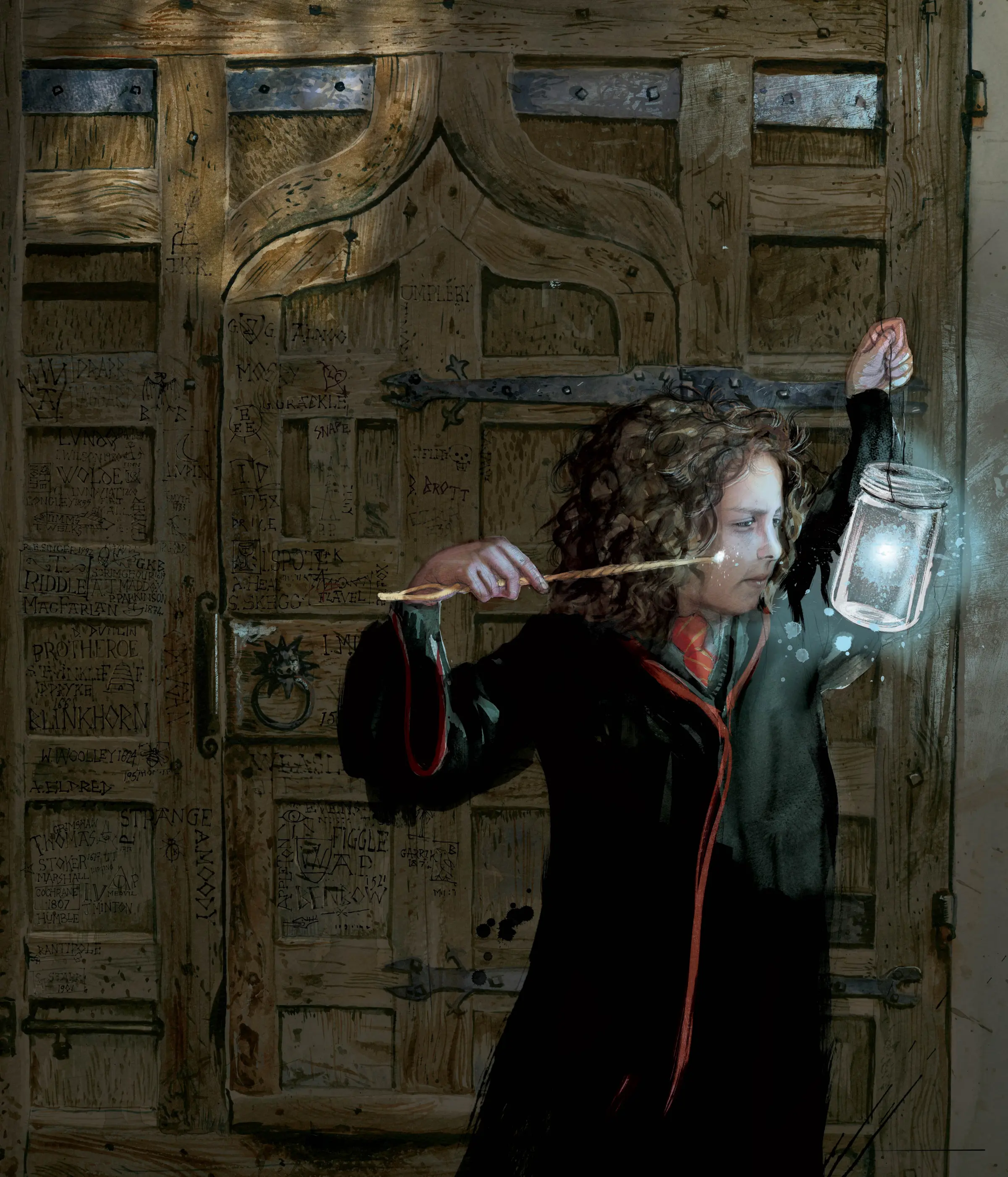
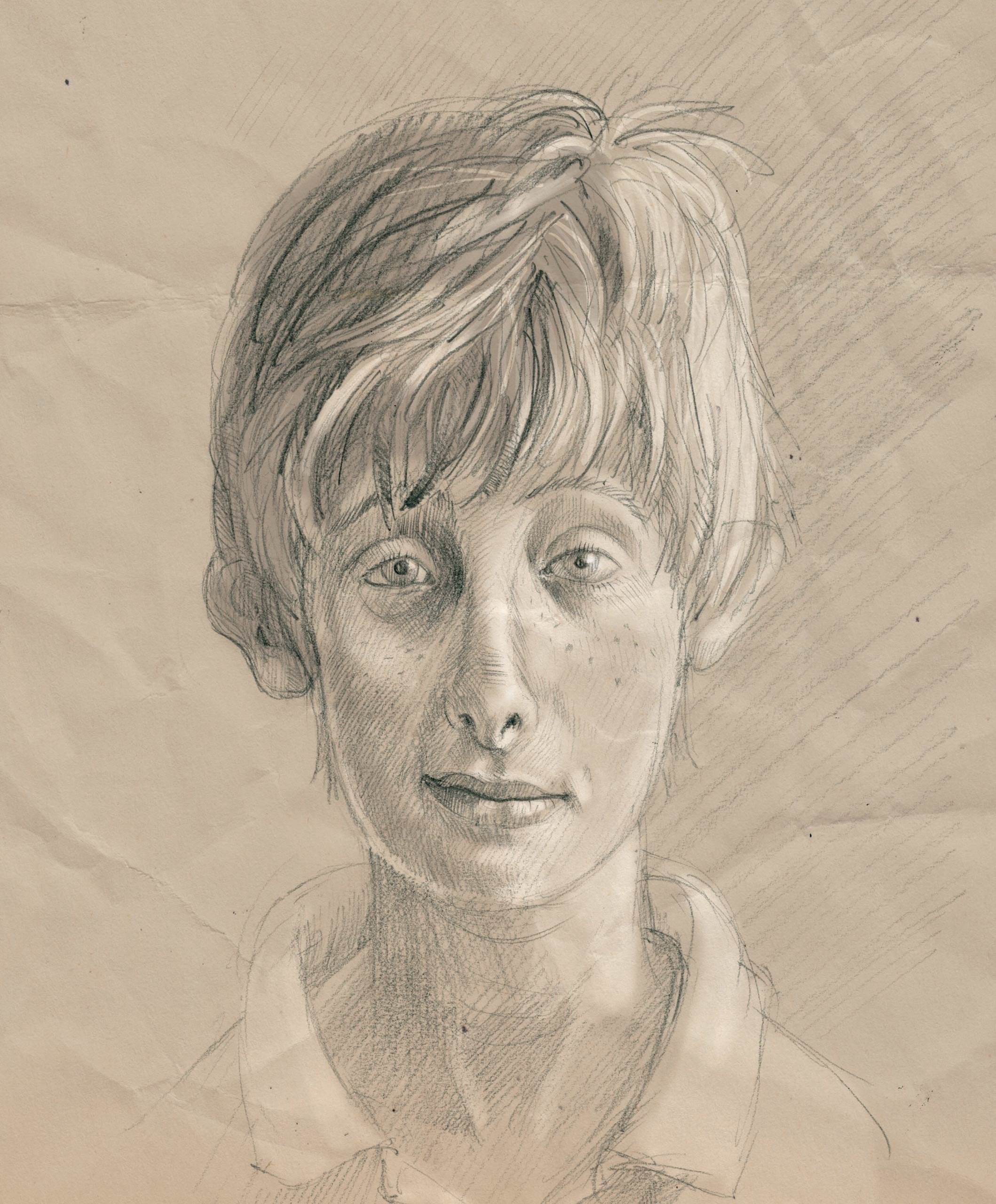
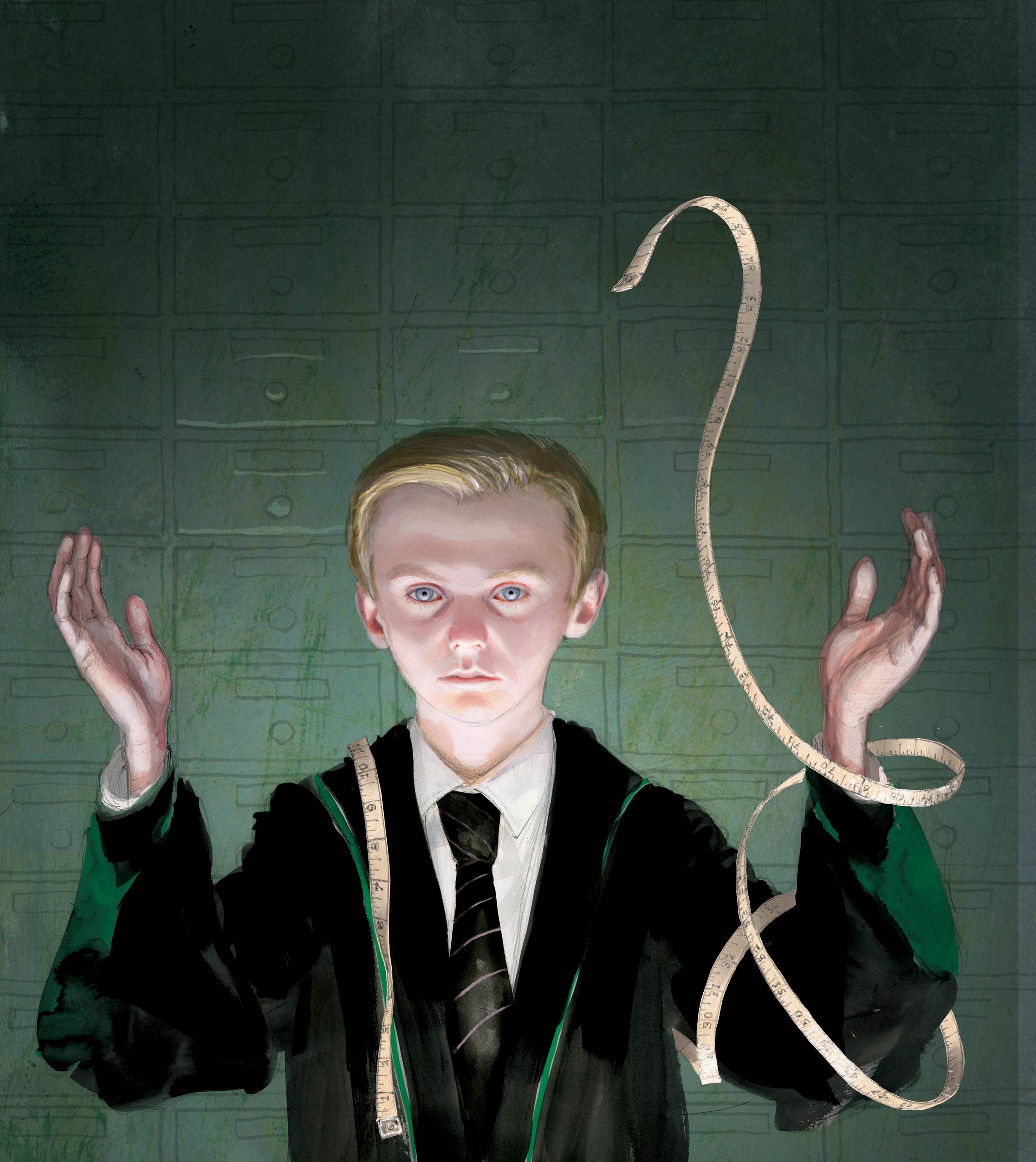
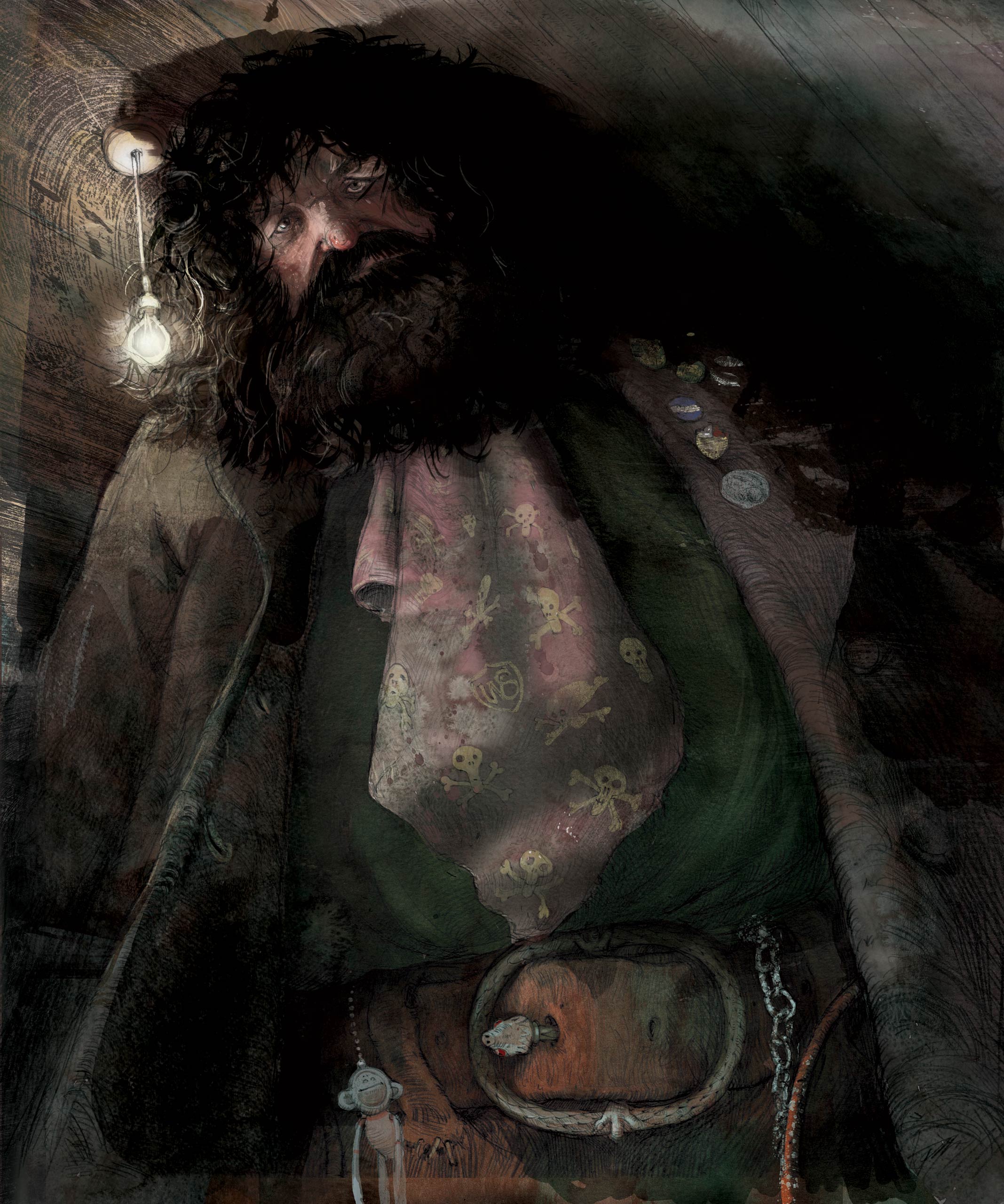
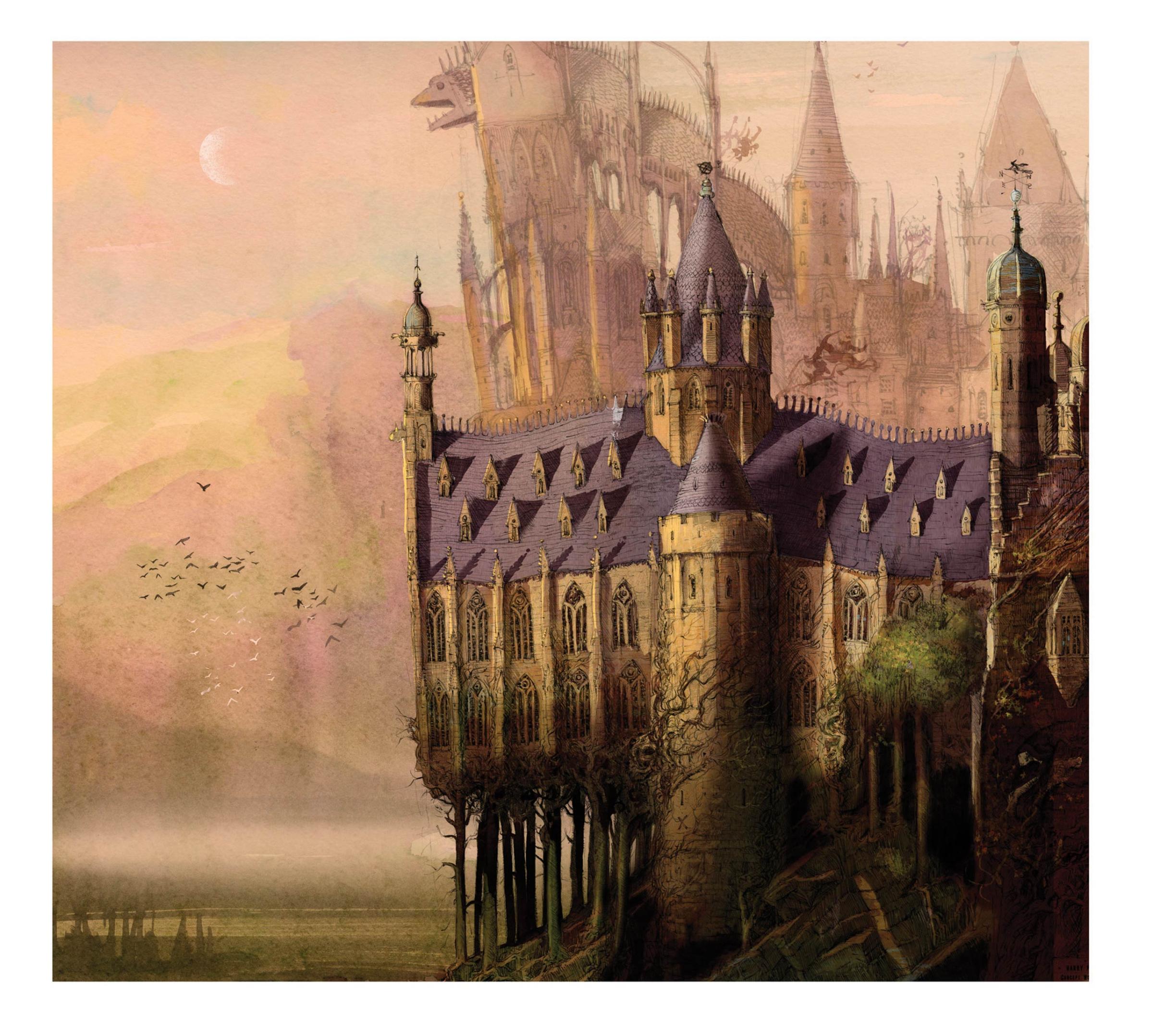

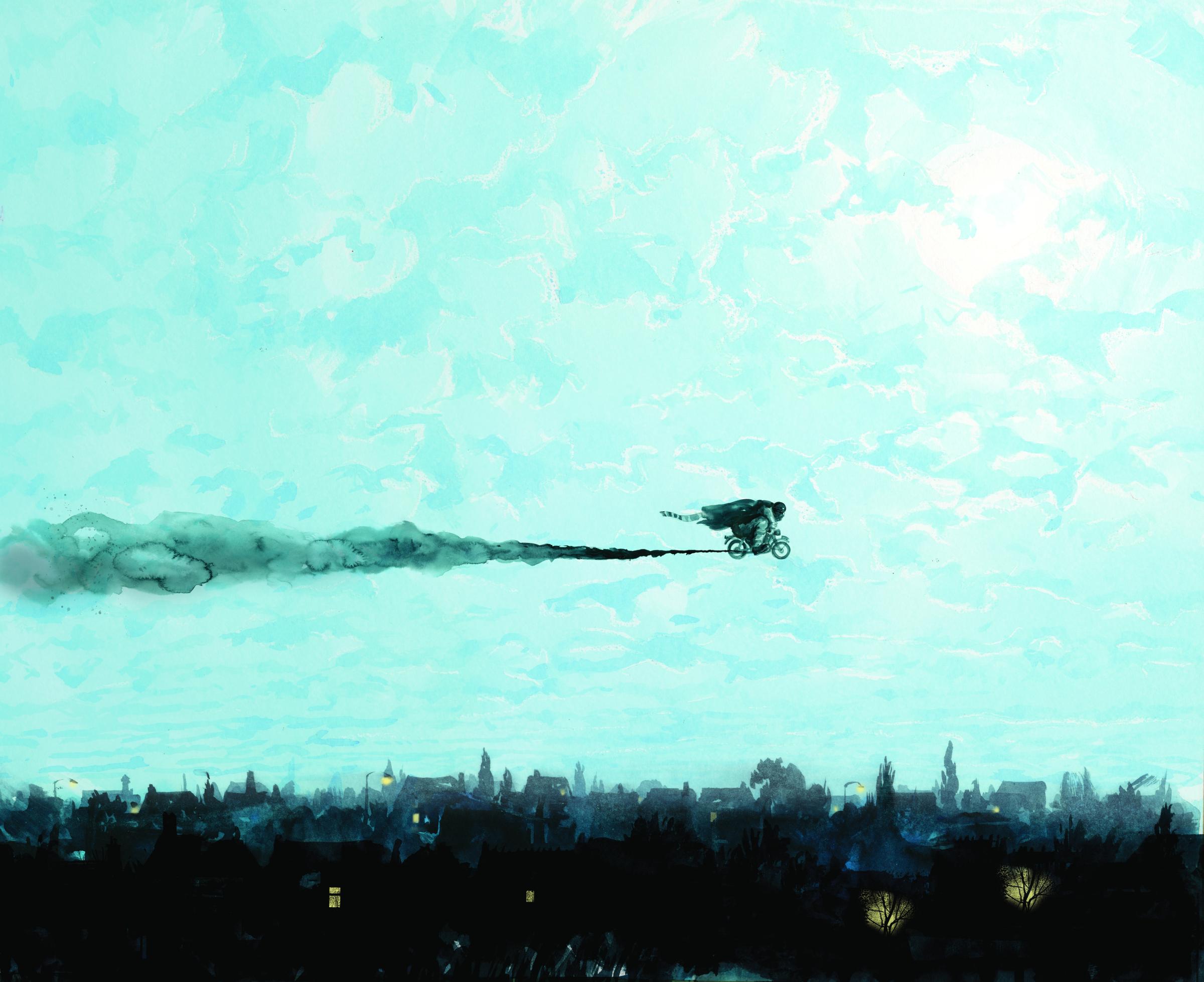
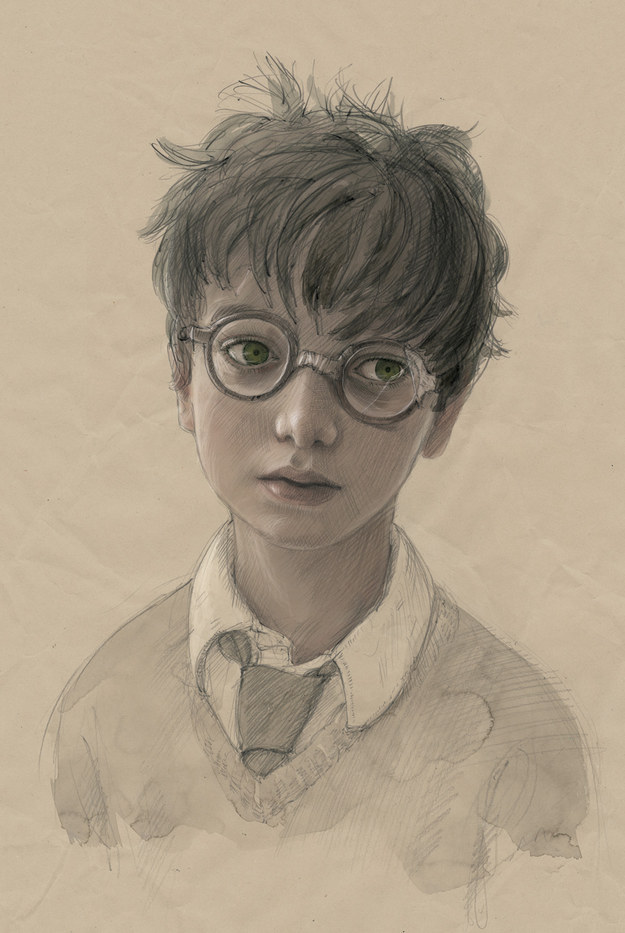
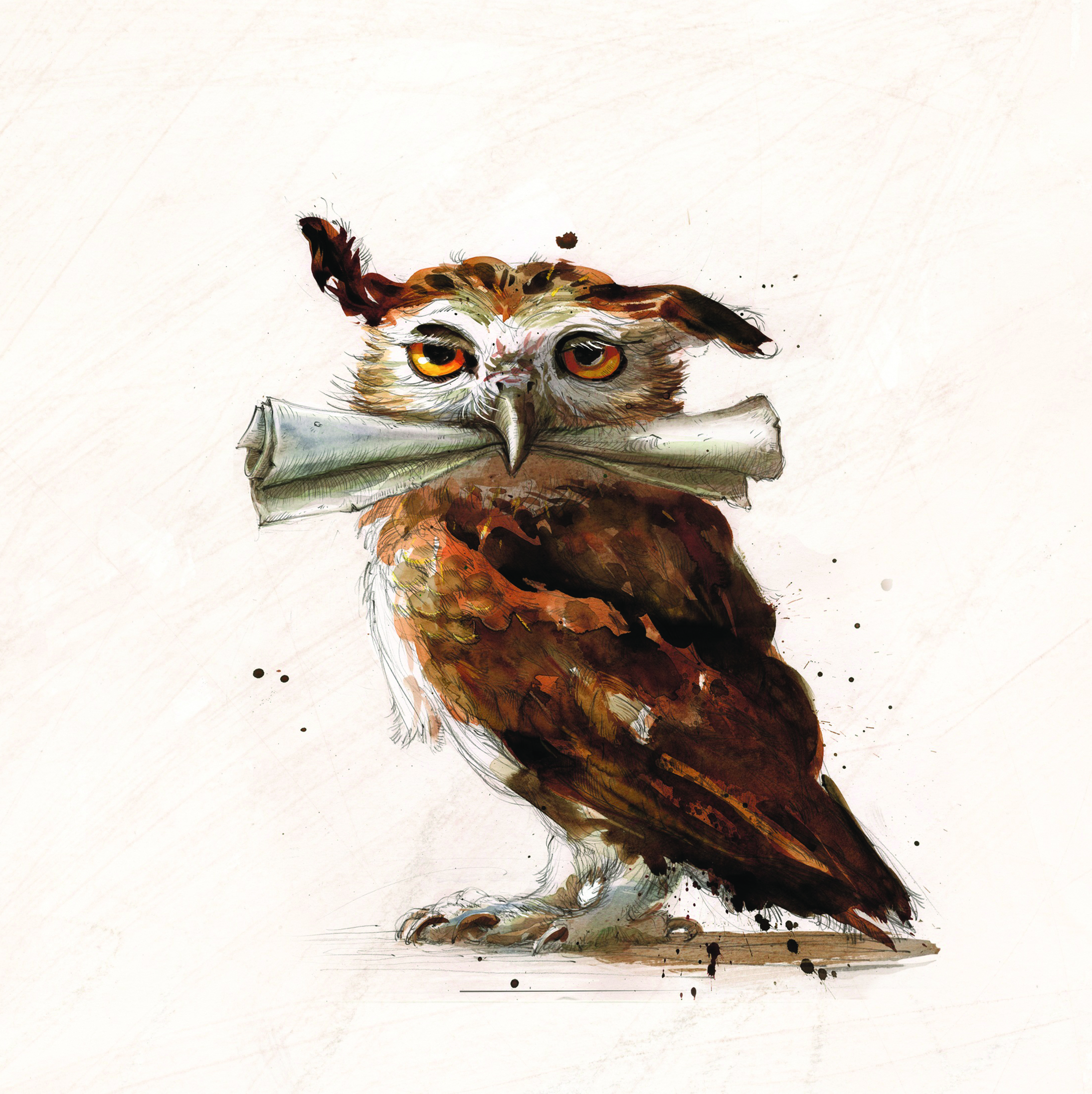
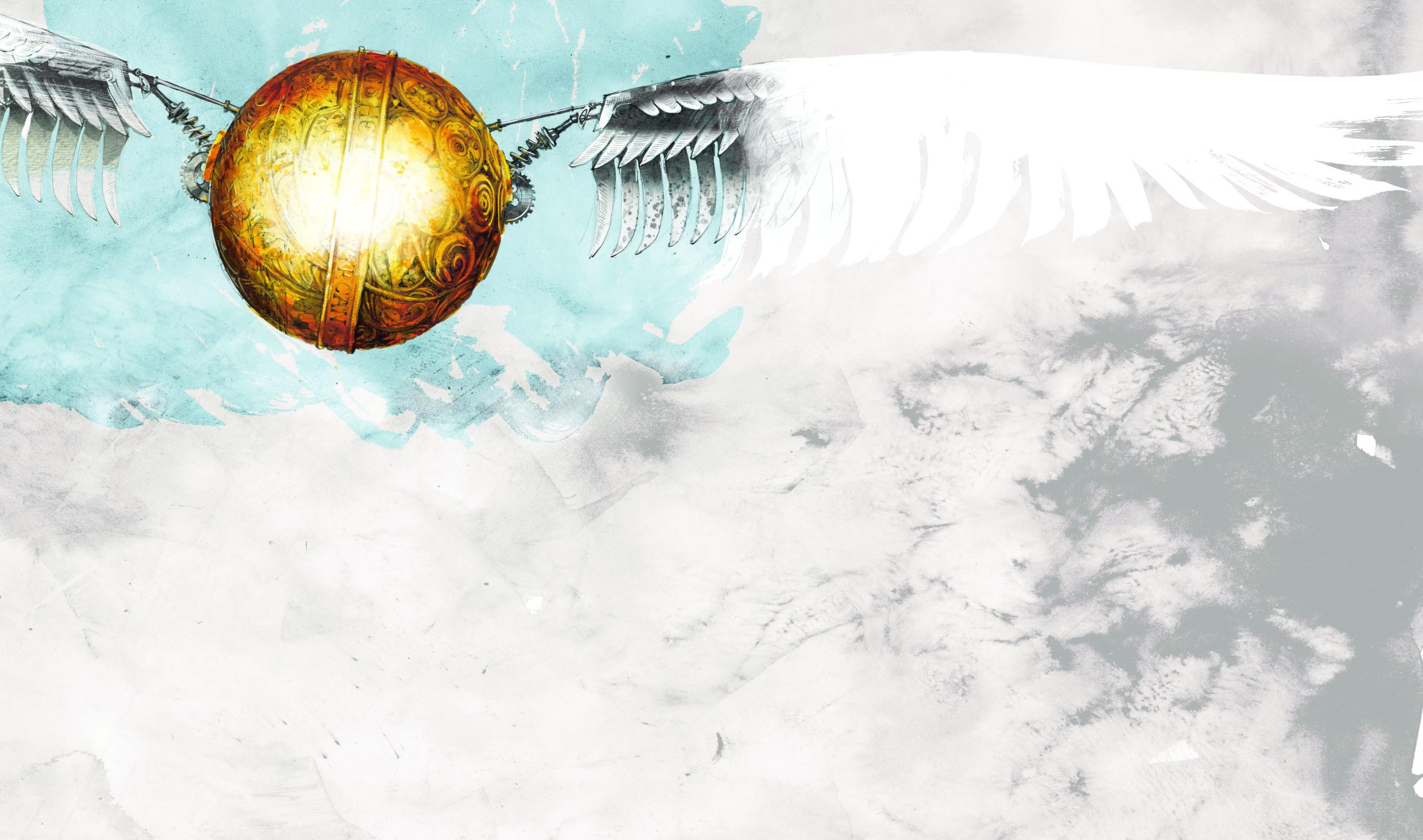
More Must-Reads From TIME
- Dua Lipa Manifested All of This
- Exclusive: Google Workers Revolt Over $1.2 Billion Contract With Israel
- Stop Looking for Your Forever Home
- The Sympathizer Counters 50 Years of Hollywood Vietnam War Narratives
- The Bliss of Seeing the Eclipse From Cleveland
- Hormonal Birth Control Doesn’t Deserve Its Bad Reputation
- The Best TV Shows to Watch on Peacock
- Want Weekly Recs on What to Watch, Read, and More? Sign Up for Worth Your Time
Contact us at letters@time.com